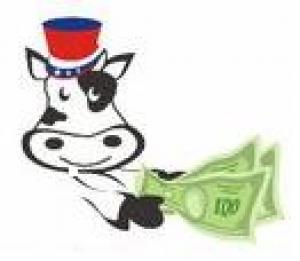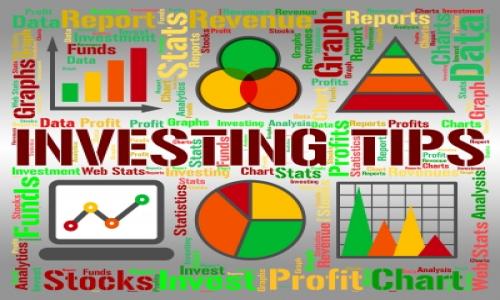This article will give you the ability to go out and purchase a bond on your own.
Here are some additional resources you may wish to access.
What is a bond?
When you purchase a bond, you become the lender and the issuer is the borrower. Bonds can be issued by a company, like GMC, a state, a city, or a federal government agency. The issuer may issue bonds to fund a building project, manage cash flow, or cover operating costs, for example.
Who should buy bonds?
While some purchase bonds for the sole purpose of trading, the every day investor purchases them for a reliable steady income. The risk of investing in bonds vary. US Treasury Bonds, Bills, and Notes have the full backing of the US government while corporatge junk bonds carry a significant chance of default. In between these two risk extremes are many different types of bonds that carry different risk profiles.
Here are some things to consider when buying a bond.
- How much will you earn?
- How often does it pay?
- When are the payments made?
- When does the bond mature?
- How reliable is the issuer?
How much will I earn? The amount you will earn is based on the face value, coupon rate, and yield. The face value, or par value is the value of the bond upon maturity, and is typically one thousand dollars per bond. Keep in mind that the bonds value will fluctuate with the market, so if sold prior to maturity you may take a loss, especially if interest rates have gone up since you purchased the bond.
For example: if your bond pays seven percent, but due to a rise in interest rates new bonds have a higher pay out, your bonds value will drop. And of course, if rates have plummeted, the value of your bonds will increase because they pay a rate that is no longer available on the market.
If your bond has a coupon of seven percent and par value of one thousand dollars, your yield will be seventy dollars. Typically this will be paid in two installments, like January and July, although some issues my pay quarterly.
Generally, the greater the risk of the bond, the more it will pay. Conversely, the safer a bond, the less it will pay.
What is the difference between yield to maturity and current yield? If your bond has a seven percent coupon and is purchased at par value of one thousand dollars your yield when the bond matures is seven percent. However, if the coupon on that same bond is seven percent but you purchased it at a premium, due to rates dropping, you may end up paying one thousand forty dollars so your current yield that day is less than seven percent.
When are payments made? Typically a bond will pay a coupon twice a year, although there may be some issues that pay more often. Investors who want more frequent payments they can either purchase several bonds with differing payment times, or buy into a bond mutual fund. I will go over the pros and cons of bond funds in another article.
When will my bond mature? Most issues mature anywhere from two years to thirty years after they are issued. Some mature is as little as thirty days and some bonds, the century bonds, mature in one hundred years. The longer your bond, the longer your money is tied up in it the greater the risk of default. That risk will go down as your bond gets closer to its maturity date.
How reliable is the issuer? Two companies, Moody's and Standard and Poor's rate bonds on their creditworthiness. One can purchase either investment grade bonds, BBB and above, or junk-high yield bonds- with a rating below BBB. For additional safety one can purchase bonds with insurance. The insurer promises to pay the bonds coupon in a timely manner as well as the par when the bond matures, should the bond issuer go into default. For an added measure of security you can purchase bonds issued by federal government agencies. Repayment of these bonds are backed by the full faith and credit of the U.S. Government.
Bond Basics Summary
Now you are well on your way to being able to make the call and purchase a bond of your own choosing. But before you do so, don't miss the next installment to BASICALLY BONDS.




Add your Comment
or use your BestCashCow account